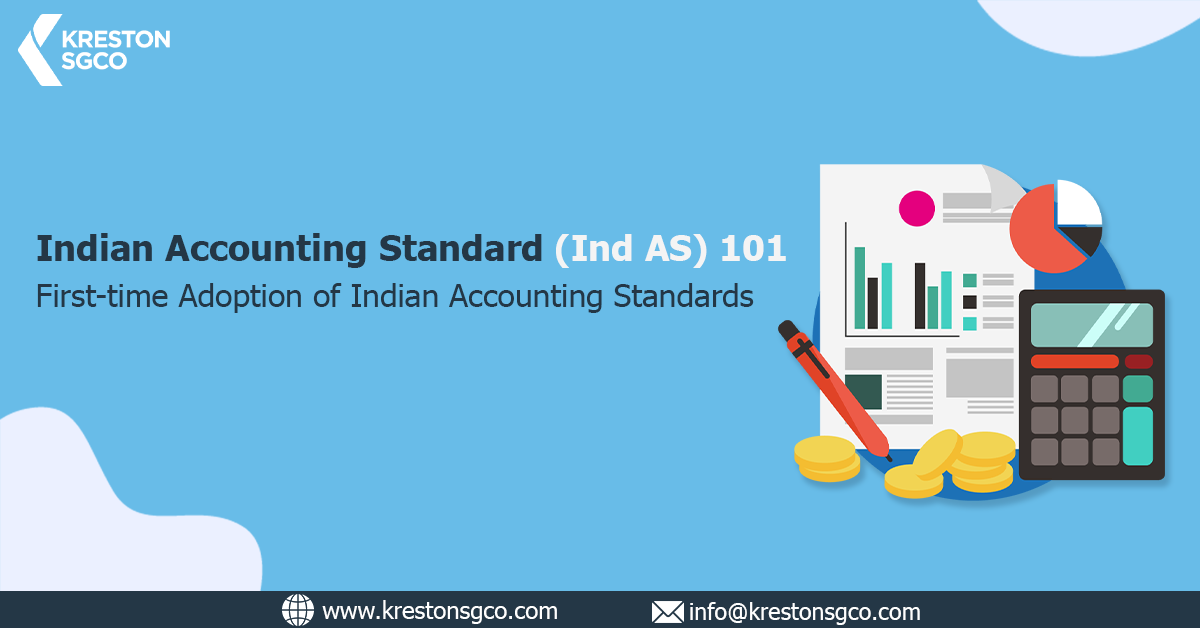ICAI issues Accounting Standards to guarantee the precision and security of financial statements. For an entity to adopt Indian Accounting standards for the first time, the Board has circulated this standard to assure smooth application. Under this convergence, the presentation of the financial statements will represent all the changes as per the converged standards.
Goals of Indian accounting standards:
Let us understand the goals of applying Indian accounting standards. Here they are:
- These standards ensure that businesses in India adopt these standards to execute globally acknowledged best practices.
- Also, these standards help in maintaining compliances worldwide.
- Have a unified and intuitive framework for a single accounting system.
- Following IFRS principles, the Board presented the measure to serve as a guide for the standard implementation.
- The best part about this standard is that global companies can analyze and understand accounting systems used in India.
- This standard will make the yearly financial statements and organization account transparent.
- Implementation of these standards ensures that companies comply with global terms.
Let us understand the implementation stages:
Phase I pertains to the following organizations:
- Listed Companies (companies whose securities are listed on a recognized stock exchange).
- A net worth of more than Rs. 500 crores.
Phase II:
All companies have to adopt Ind AS (Indian Accounting Standards) from April 1, 2017.
Phase II pertains to the following companies:
- Listed companies (companies whose securities are listed on a recognized stock exchange – as of March 31, 2016.
- The net worth of more than Rs. 250 crores but less than Rs 500 crore.
Phase III:
Phase III is vital for Ind implementation by banks, NBFIs, SEBI regulated companies, and insurance companies, effective from April 1, 2018.
Phase III applies to the following companies:
- Companies having a net worth of more than Rs. 500 crores. The net worth requirement will only apply to the company until April 1, 2018.
Phase IV:
All NBFCs whose net worth is more than Rs. Two hundred fifty crores but less than Rs 500 crores. This implementation will be taken into account starting April 1, 2019.
The following table provides a list of the major applicable Ind as:
Ind AS 1 Presentation of Financial Statements
Ind AS 2 Inventories Accounting
Ind AS 7 Statement of Cash Flows
Ind AS 8 Accounting Policies, Changes in Accounting Estimates and Errors
Ind AS 10 Events after Reporting Period
Ind AS 11 Construction Contracts
Ind AS 12 Income Taxes
Ind AS 16 Property, Plant and Equipment
Ind AS 17 Leases
Ind AS 18 Revenue
Ind AS 19 Employee Benefits
Ind AS 20 Accounting for Government Grants and Disclosure of Government Assistance
Ind AS 21 The Effects of Changes in Foreign Exchange Rates
Ind AS 23 Borrowing Costs
Ind AS 24 Related Party Disclosures
Ind AS 27 Separate Financial Statements
Ind AS 28 Investments in Associates and Joint Ventures
Ind AS 29 Financial Reporting in Hyperinflationary Economies
Ind AS 32 Financial Instruments: Presentation
Ind AS 33 Earnings per Share
Ind AS 34 Interim Financial Reporting
Ind AS 36 Impairment of Assets
Ind AS 37 Provisions, Contingent Liabilities and Contingent Assets
Ind AS 38 Intangible Assets
Ind AS 40 Investment Property
Ind AS 41 Agriculture
Ind AS 101 First-time adoption of Ind AS
Ind AS 102 Share Based payments
Ind AS 103 Business Combination
Ind AS 104 Insurance Contracts
Ind AS 105 Non-Current Assets Held for Sale and Discontinued Operations
Ind AS 106 Exploration for and Evaluation of Mineral Resources
Ind AS 107 Financial Instruments: Disclosures
Ind AS 108 Operating Segments
Ind AS 109 Financial Instruments
Ind AS 110 Consolidated Financial Statements
Ind AS 111 Joint Arrangements
Ind AS 112 Disclosure of Interests in Other Entities
Ind AS 113 Fair Value Measurement
Ind AS 114 Regulatory Deferral Accounts
Ind AS 115 Revenue from Contracts with Customers
Ind AS 116 Leases
The adoption of Indian Accounting Standards (Ind SA) has improved the comparability of financial information of Indian companies worldwide. However, Ind AS involves the application of several new and complex concepts. This requires a high level of assessment and evaluation, accompanied by detailed qualitative and quantitative information according to Ind AS.
Should you have any queries on Accounting & Finance, contact us now.
Our Finance & Accounting experts would be happy to help you assist you with the compliance needs.







